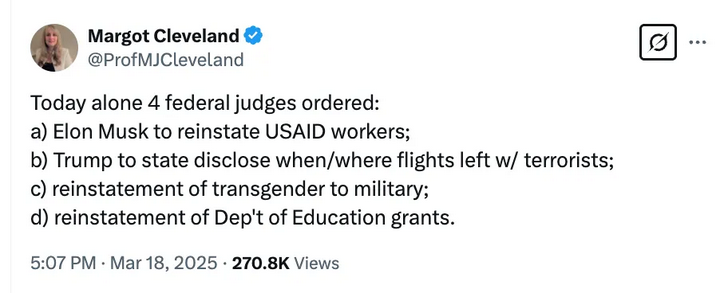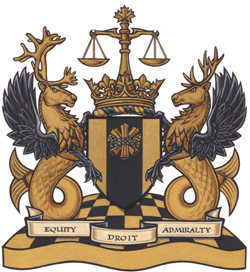Janice Fiamengo discusses the recent revelation that Iceland’s Minister for Education and Children’s Affairs, Ásthildur Lóa Thórsdóttir, had an affair with an under-age teen when she was in her 20s:
Last week, Ásthildur Lóa Thórsdóttir [right], Iceland’s Minister for Education and Children’s Affairs, was revealed to have had a sexual relationship with a teen boy decades ago, when she was 23 years old. The case vividly highlights the west’s double standards about sex between adults and minors, and it exposes grey areas in victim-centered sanctimony.
That the case occurred in Iceland, a feminist stronghold with a female president, a female prime minister, and a claimed “zero-tolerance policy for sexual abuse and exploitation of children“, is not at all surprising. No one seriously expects feminists to apply their touted compassion to male teenagers; and no one believes that their championing of gender equality includes sexual probity for women.
Iceland is so thoroughly feminist that in 2023, the prime minister herself joined other women on a one-day strike to demand, amongst other utopian objectives, “an end to unequal pay,” neatly sidestepping (while illustrating) that the so-called pay gap is caused primarily by women’s tendency to work fewer hours than men do. Female moral innocence is such a cherished belief of the Nordic island nation that it has designated 2025 as Women’s Year, with “12 months of events dedicated to progressing gender equality.” (Interested readers should consult a gushing Guardian article, “Women are the best to women“, which depicts Iceland as a near-idyllic women-led community in which men hardly figure.)
Clearly, when the most powerful woman in the country can take a day off to showcase women’s alleged lack of power, few women are prepared to consider their own potential abuse of it.
That brings us to the Minister for Children’s Affairs, who appeared flabbergasted last week to find that her long-ago sexual past has become fodder for unsympathetic public discussion and suggestions of serious impropriety. “I understand … what it looks like“, she is quoted as saying to reporters, seemingly exasperated at how difficult it is “to get the right story in the news today”. At 58 years of age, Thórsdóttir is being given a tiny glimpse into what thousands of men have experienced since feminism entered its Jacobin phase.
Over three decades ago, Thórsdóttir began a relationship with a 15-year-old boy who was attending her church group. He has been identified as Eirik Asmundsson. He was a troubled boy with a chaotic home life, and she was an adult member in the group; newspaper articles have said that she was a group counselor, which she denies. She claims that the relationship did not become sexual until the boy was 16, and that he pursued her.
Thórsdóttir eventually gave birth to a child — a son — when she was 23 and Asmundsson was 16. She claims, again contrary to news reports, that their sexual relationship was long over by then, having lasted only a few weeks. What is undisputed is that she forced the boy to pay child support for 18 years, long after she had met and married another man, which occurred about a year after the child’s birth. She also opposed numerous requests by her child’s father to form and maintain a relationship with his son. Overall, she treated the boy shamefully.
Naturally, if a male government minister had been found to have been sexually involved with, impregnated, and then split from a 15- or 16-year-old girl when he was 22, especially when he was part of a religious organization in which he had some degree of moral or spiritual influence over her, there would be no public doubt whatsoever about his culpability.
All news reports would have been condemnatory, and his protestations, if he had been naïve enough to make any, would have been in vain. There would have been a chorus of disapproving statements from his fellow politicians in the Icelandic parliament. He would have been forced to resign from government and would likely be facing criminal investigation, perhaps for custodial rape (sex with a youth in one’s employment, care, or custody).
In Thórsdóttir’s case, in contrast, there has been only a brief flurry of reports and limited personal fallout. She was forced to resign from her ministerial post, but she remains in government. That she has kept her job is extraordinary. The Daily Mail, while not defending her, waffled about her potential criminality, saying “The age of consent is 15 in Iceland, but it is illegal to have sex with anyone under the age of 18 if the adult holds a position of authority over them, as Thorsdottir is accused of doing“.






















